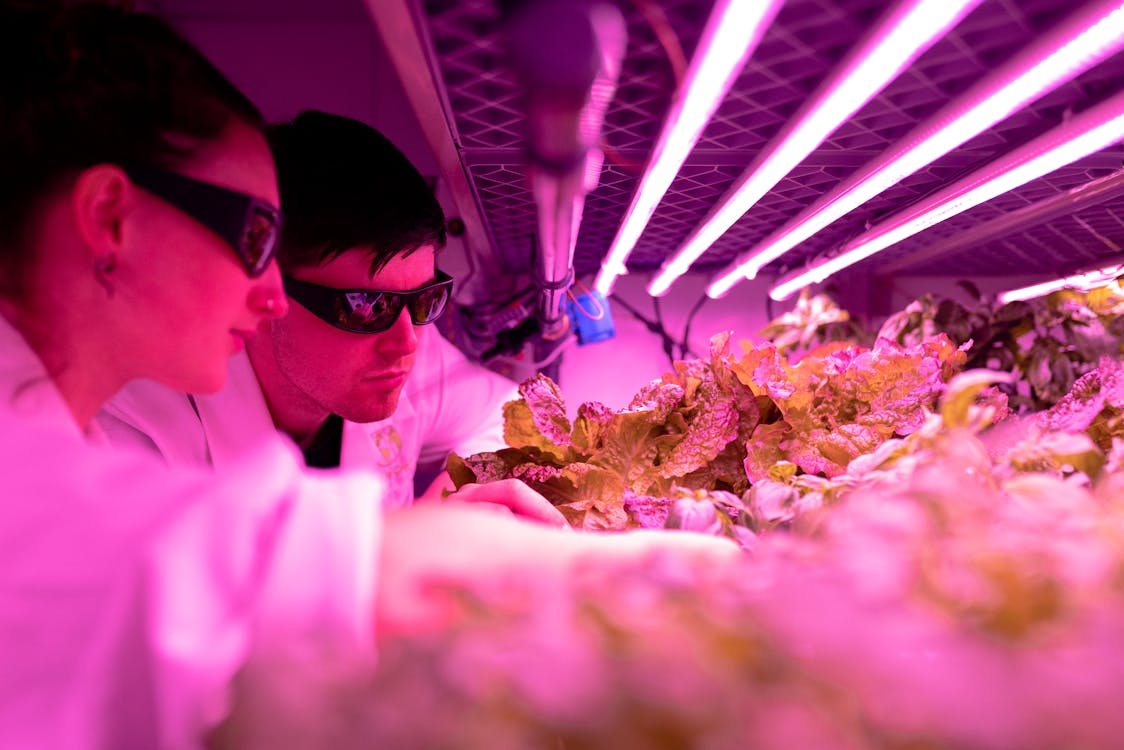

Are you puzzled by the question “What Can You Do With an Engineering Degree?” This article will go through the greatest occupations you may pursue after earning your Engineering degree.
Engineering students acquire useful technical abilities that enable them to operate in almost any industry of their choice. Today’s civilization depends on engineering to run sectors like healthcare, industry, and technology. Engineers receive training in problem-solving and cross-functional collaboration. These critical thinking and teamwork skills are useful in numerous sectors, which explains why there is such a strong demand for engineering graduates today.
Note:- If you want to enhance your knowledge of Engineering, then you can take the best Engineering Homework Help from experts.
Chemical, civil, mechanical, electrical, and biological engineering are just a few of the specialized degrees available to students studying engineering. All engineers develop abilities that are easily transferable to other disciplines, despite the fact that career chances are frequently correlated with the degree type. Even occupations outside of engineering, such as those in business, finance, and law, may be accessed with an engineering degree.
Engineers are free to work on topics they are enthusiastic about and utilize their analytical skills, critical thinking skills, and technical expertise to address issues that have an impact on their communities. Although engineering coursework has a reputation for being difficult for students, the degree it leads to offers up a broad range of opportunities.
Table of Contents
Engineering is the use of science and mathematics to solve real-life issues and enhance the world around us. What really defines an engineer is their ability to put ideas into action in a cost-effective and practical manner. This capacity to transfer a thinking or abstract idea into reality is what distinguishes an engineer from other professions of science and mathematics. Consider the following items that you use on a daily basis: Buildings, roads, bridges, vehicles (cars, aircraft, and boats), computers, and other electronic gadgets are all examples of infrastructure. They would not exist if engineers did not exist! You couldn’t drive to work, check your Facebook status, or even use the restroom this morning!
Engineers solve problems, organize, communicate, calculate, and design. They may clearly define an issue and its pertinent limitations (such as time, money, and so forth) and provide a concise solution. A senior engineer will often do less technical work (calculations and designs) and will instead manage a project or team of engineers.
Aeronautical engineers allow flight by developing better, faster-flying aircraft systems. Some aeronautical engineers concentrate on creating new aircraft, while others work to enhance propulsion, navigation, and engine technologies. Another responsibility is to create and test prototypes to ensure they work as expected. When creating new aircraft systems, it is important to follow all applicable regulations, customer specifications, and technical guidelines.
Agricultural engineers work to solve issues so that farm operations, including the machinery, structures, crops, and animals, function more smoothly. They contribute to increasing the effectiveness of current agricultural processes through the development of new technology. Projects concentrate on improving environmental aspects including air quality, pollution, and water flow.

Biomedical engineering is a wonderful field for graduates who want to make a future impact on the lives of patients. Biomedical engineers handle medical issues by using engineering and scientific principles. Producing new devices, medications, and other items, they have an impact on the treatment patients get from physicians and medical institutions. Biomedical engineers also develop devices that accurately and safely diagnose medical concerns.
Chemical engineers are sometimes referred to as “universal engineers” because of their extensive education and adaptable abilities, which are useful in a wide range of sectors. To drastically enhance any process, they employ chemical, biological, physics, and math concepts. Chemical engineers create chemicals, gasoline, medications, food, and other everyday items.
Civil engineers’ work is seen all over the places they live. They are in charge of planning and constructing infrastructures including buildings, bridges, tunnels, and airports. Transportation systems, sewage treatment facilities, and water treatment facilities all rely on the planning skills of civil engineers. Many engineering grads find this line of employment thrilling since they can see the fruits of their labor, whether it’s a brand-new building or bridge.

Electrical engineering is one of the more recent fields of engineering, and electrical engineers are in charge of creating, testing, and designing all types of electrical machinery, from generators to motors. They are always coming up with new and convenient methods to consume electricity. This comprises computer hardware, communication tools, and automobile navigation systems.

Everything pertaining to the many occupations you can begin after earning an engineering degree has already been thoroughly covered. As a result, we are confident that our blog will be very helpful to you and that all of your questions about “What Can You Do With an Engineering Degree?” will be simply answered.
Sign up to receive our email, delivering the latest stories straight to your inbox.
